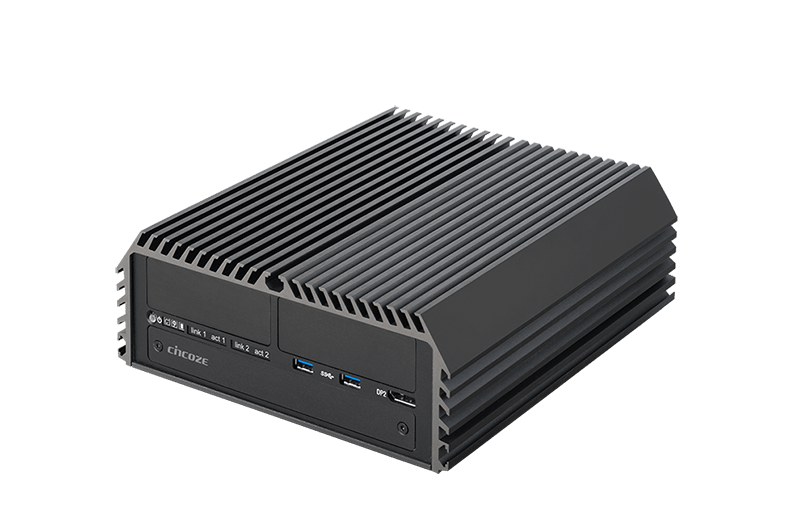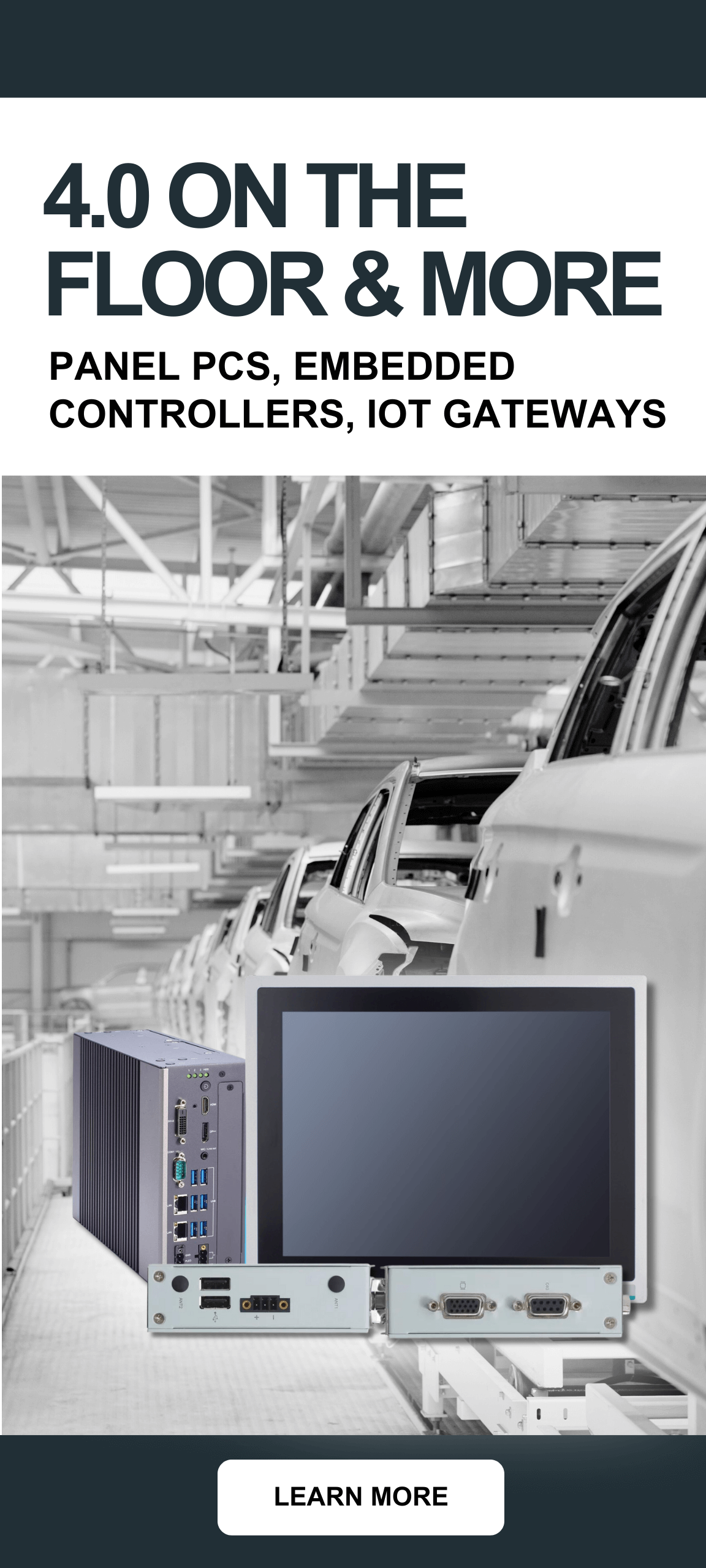
How Industrial PCs Are Different From Regular PCs
Blog
Industrial computers are categorized differently from regular PCs because they are specially developed to withstand harsh industrial environments. As well, they are designed to have a longer life-span compared to regular computers.
Industrial computers do contain most of the basic components that regular PCs have. Such as CPUs, hard drives, graphic cards and memory. The thing that makes industrial computers unique is their special application to an industrial environment.
Some of the unique characteristics that industrial computers may have are:
- They can be configured as per the requirements of a specific industry, with specific I/O, connectivity and expansion options
- They have a wide range of form factors and mounting options, from as small as a credit card, to large rackmount or wall-mount devices.
- Power efficient options: industrial computers are often made for a specific, dedicated purpose, and as such can be built with extremely power-efficient processors.
Of course, both regular and industrial PCs can process and store information. Function is mostly the same between the computer types. The primary difference is that industrial PCs can perform well in harsh, aggressive, and dirty conditions. The largest differences lay in terms of configurability, availability, performance, compatibility, and reliability.
The following are some major differences between the two computers types:
1. Vibration and shock
Shock and vibration are standard in an industrial environment, and a regular computer cannot withstand high levels of this. On the other hand, the mechanical stability and ruggedness of industrial PCs ensure they excel regardless of the level of vibration and shock.
2. High temperature
Some industries like factory automation and transportation experience extreme temperatures throughout the day, which can take a toll on regular PCs. However, industrial computers can operate in high heat or icy conditions without ceasing to function or losing the life-span of their hardware.
3. Embedded Lifecycle
Regular PCs and PC components are made obsolete and cease to be manufactured as soon as 6 months after release. Having a lifecycle this short would be catastrophic for many industries. This would mean that they would have to redesign their products every 6 months! And then they would need to support dozens of different PCs in the field, which would be a headache for field technicians and require a large inventory of replacement parts. For this reason, industrial computers follow what is called an embedded lifecycle. This means that they will not go obsolete and will continue to be manufactured for at least 5 years, and in many cases up to 15 years! This gives industrial customers plenty of time to service their machines in the field, and develop new products.
New Era Electronics and Industrial Computers
If you want a reliable and long-lasting computer, it is wise to purchase industrial PCs since they are perfect for industrial environments. New Era Electronics can design and configure industrial PCs that fit the needs of your industry. We also provide burn-in testing and OEM branding services.




